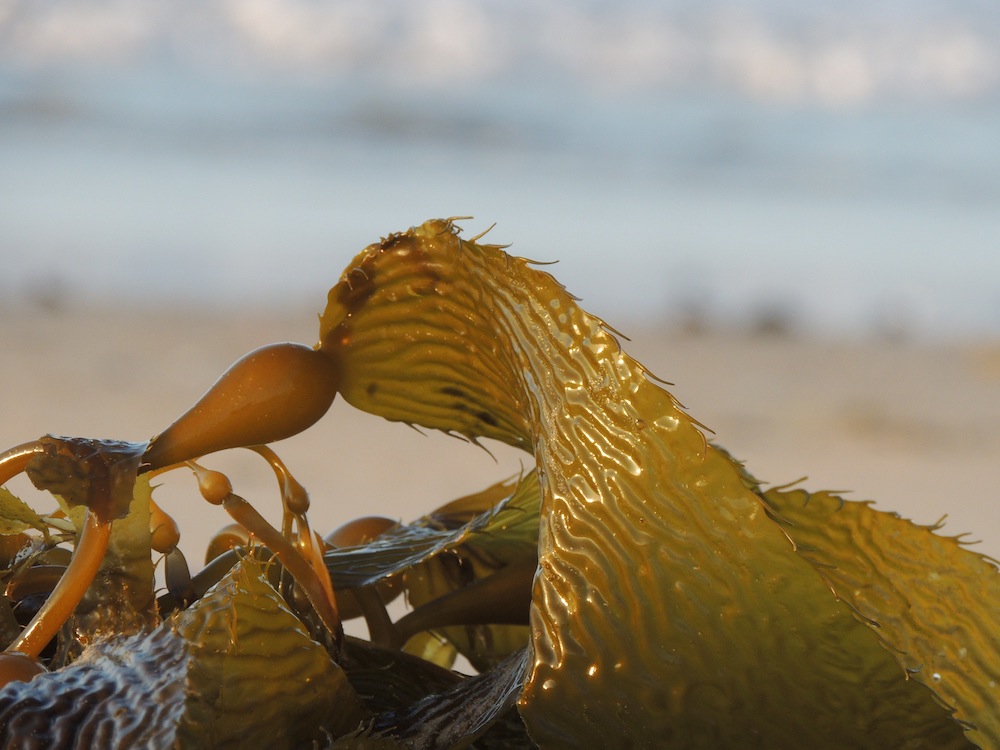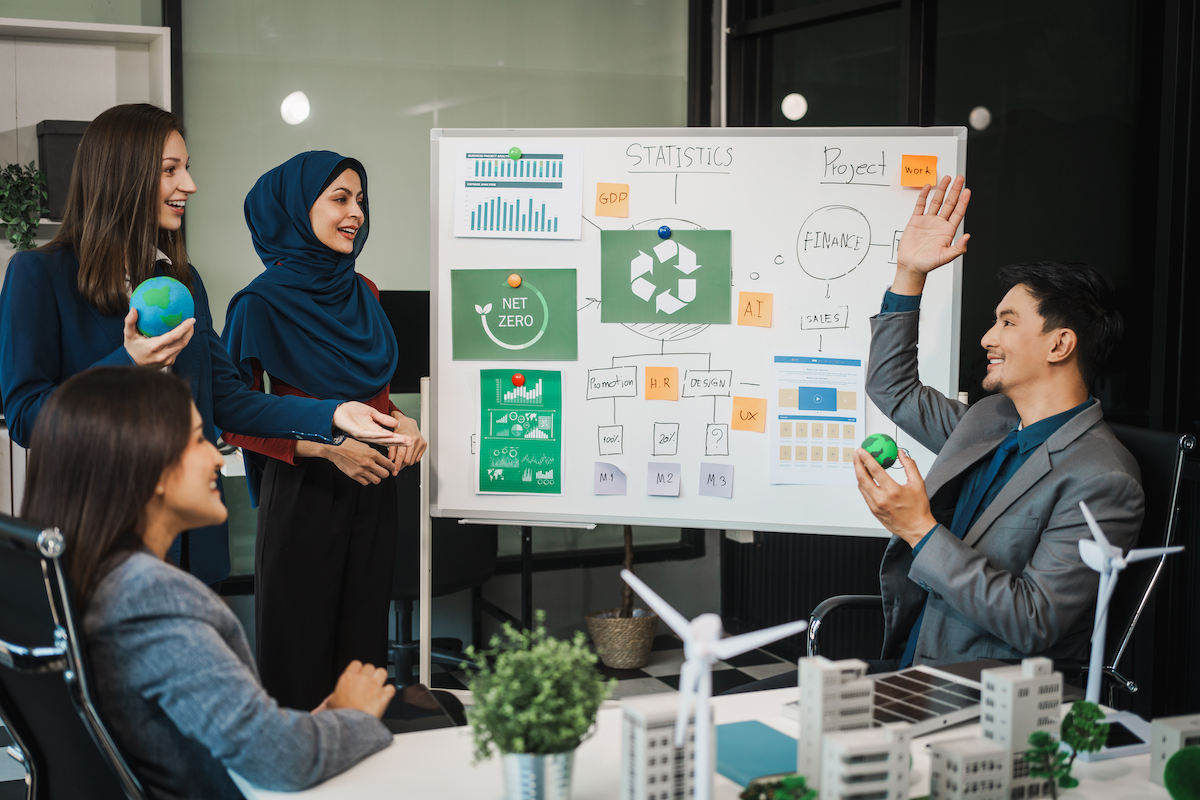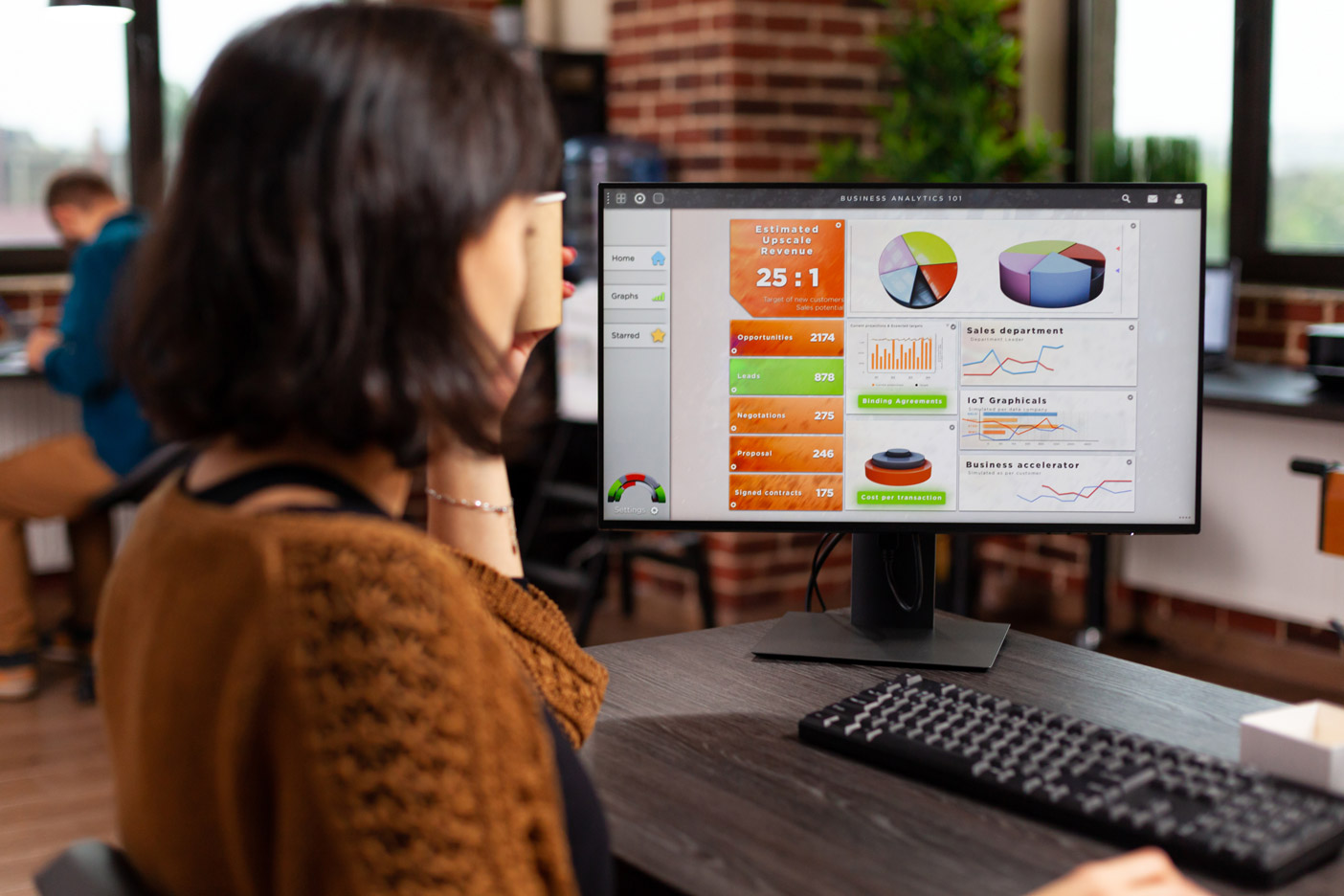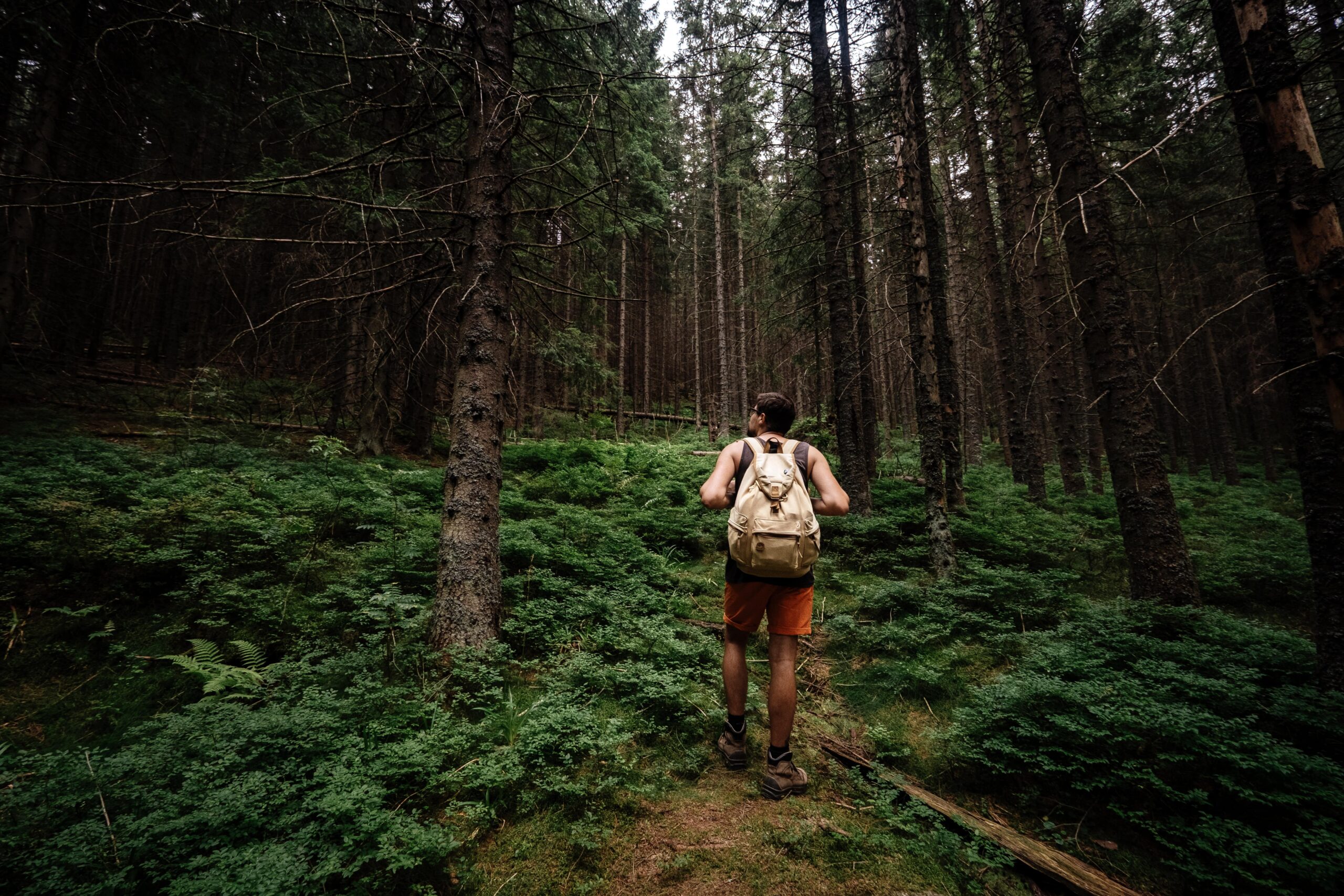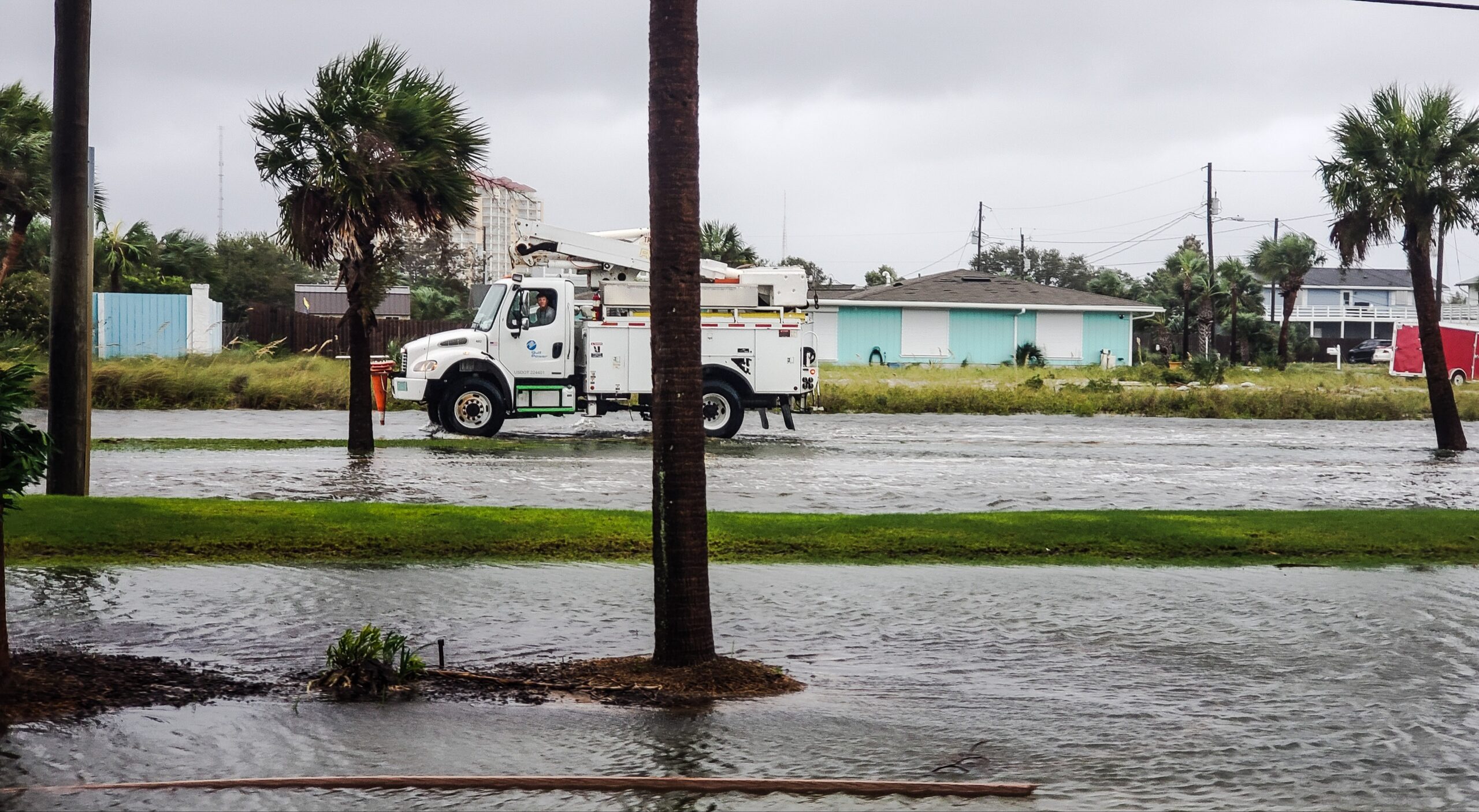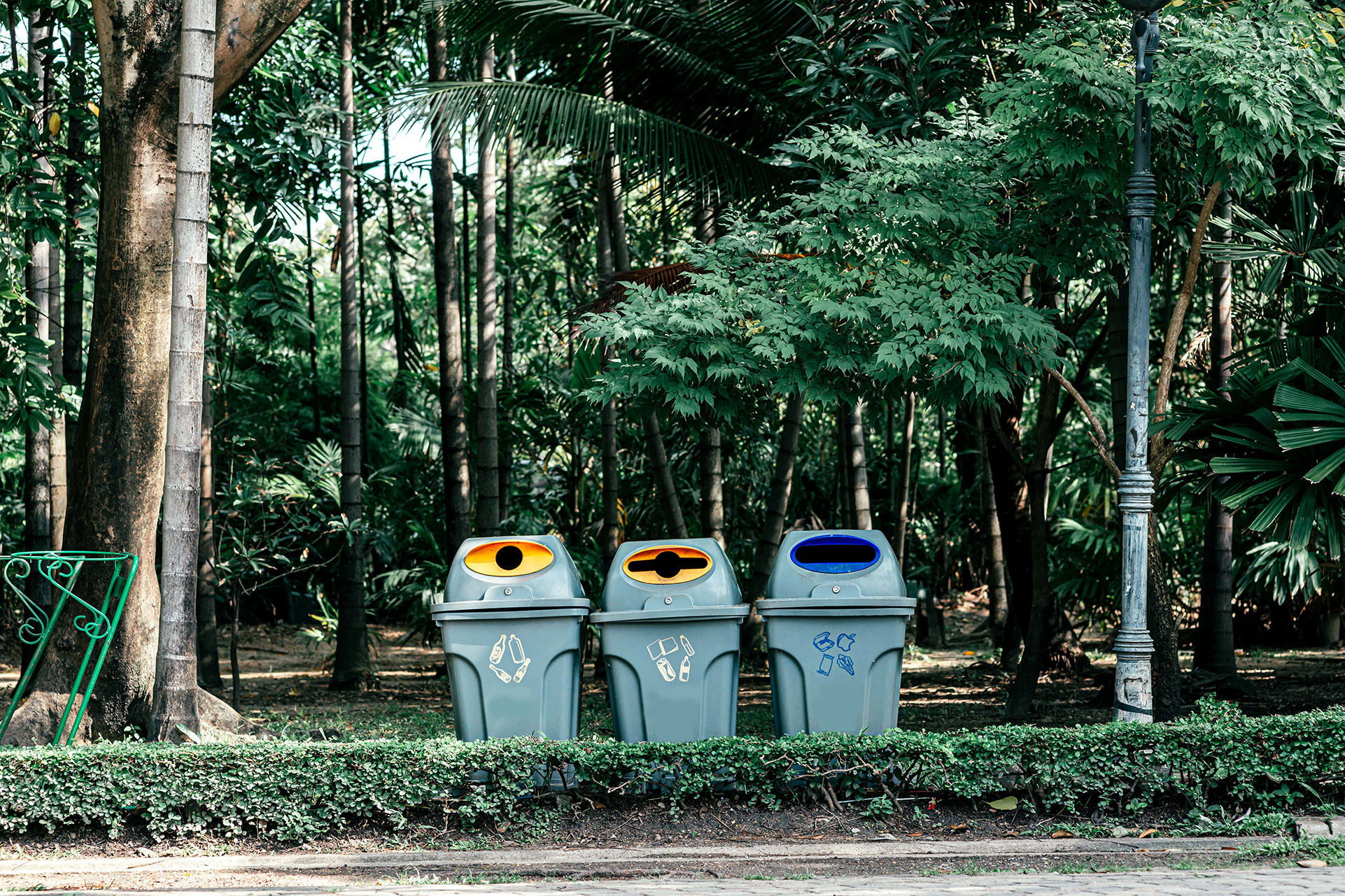With centuries of mass production, poor agricultural management, and next to no policy enforcement on environmental regulations, the effects of global climate change are becoming more and more serious. Society has such high demand for natural resources that we have neglected to acknowledge and address the repercussions of our actions.
Human-caused carbon emissions and other greenhouse gases are at their highest levels ever recorded in human history, trapping in more heat and producing more extreme weather events. This has created threatening conditions for both current and future generations.
With more research and technology becoming available, environmental scientists are extremely invested in finding solutions to mitigate human resource use and carbon output before time runs out.
Canadian Pacifico Seaweeds (CPS), founded by Majid Hajibeigy, is one of those companies taking that extra step to reach the ultimate goal of sustainability while eliminating environmental degradation.
CPS is a farming company located on Vancouver Island in British Columbia, Canada, with a mission to capture carbon from the oceans through farming seaweed. Unlike traditional farming on land, CPS is working towards creating plant-based seafood and other goods through processes that have virtually no impact on the marine environment. By working in the ocean, less arable land is needed to complete the entire process, saving time, money, and resources. In addition to hand sanitizer created from seaweed, Hajibeigy and his team are looking for ways to create textiles, building materials, and other practical products made from this local underwater plant.
Marine ecosystems are very unique and adaptable. Seaweed provides natural habitats for fish, a natural barrier from destruction or disturbances, and absorbs nutrients from the ocean and the ocean floor, all while providing food that is safe for both fish and humans. Because of the size of the ocean floor, CPS can expand its farming area to minimize nutrient depletion throughout the soil and ensure full regrowth for seaweed patches between harvests.
Also, seaweed has the incredible ability to capture and store carbon. When underwater, each plant captures a small amount of carbon; and if appropriately harvested in adequate quantities, it can relieve the oceans of high temperatures and dangerous conditions for marine life.
Earth provides many natural systems working together to absorb and store carbon – the largest system being the ocean and the marine plants within it. Water absorbs the CO2 that humans produce into the air. This CO2 then gets absorbed into the deep sea and marine plants. Seaweed holds the carbon within itself, helping to cool the oceans and allowing marine habitats to grow.
However, when we produce carbon at a greater quantity than what the ocean and other systems can absorb, we speed up the detrimental side effects of climate change. The oceans get warmer and become acidic, damaging the habitats and food sources that fish and humans rely on.
So, how can we reduce carbon while still producing the goods we need? Well, to start, farming and the way we create these goods has to become sustainable.
To CPS, being sustainable means more than having carbon output breakeven; it wants to create significant positive impacts in every aspect of the business and the environment too. CPS takes into consideration the social, socioeconomic, and environmental pillars of sustainability into how they complete their harvests and how they produce their products.
By taking advantage of the resilience of the natural marine ecosystem, the adaptability of marine habitats, and the speed at which seaweed species can reproduce, proper seaweed farming techniques create no impact on the surrounding marine ecosystem. Also, since seaweed is naturally occurring throughout the area and no additives are needed to grow it in the quantities needed, CPS can proudly say their farming completely fertilizer-free.
Even though CPS is only a few years old, Hajibeigy and his team share their ideas on sustainable practices with communities around British Columbia. The long-term goal is that this type of farming will soon become the standard for sustainability worldwide if we want to continue producing goods on this planet. CPS is a pioneering small business that understands the need for sustainability, taking on the challenge of giving back to our environment while still producing goods that our communities can use.


